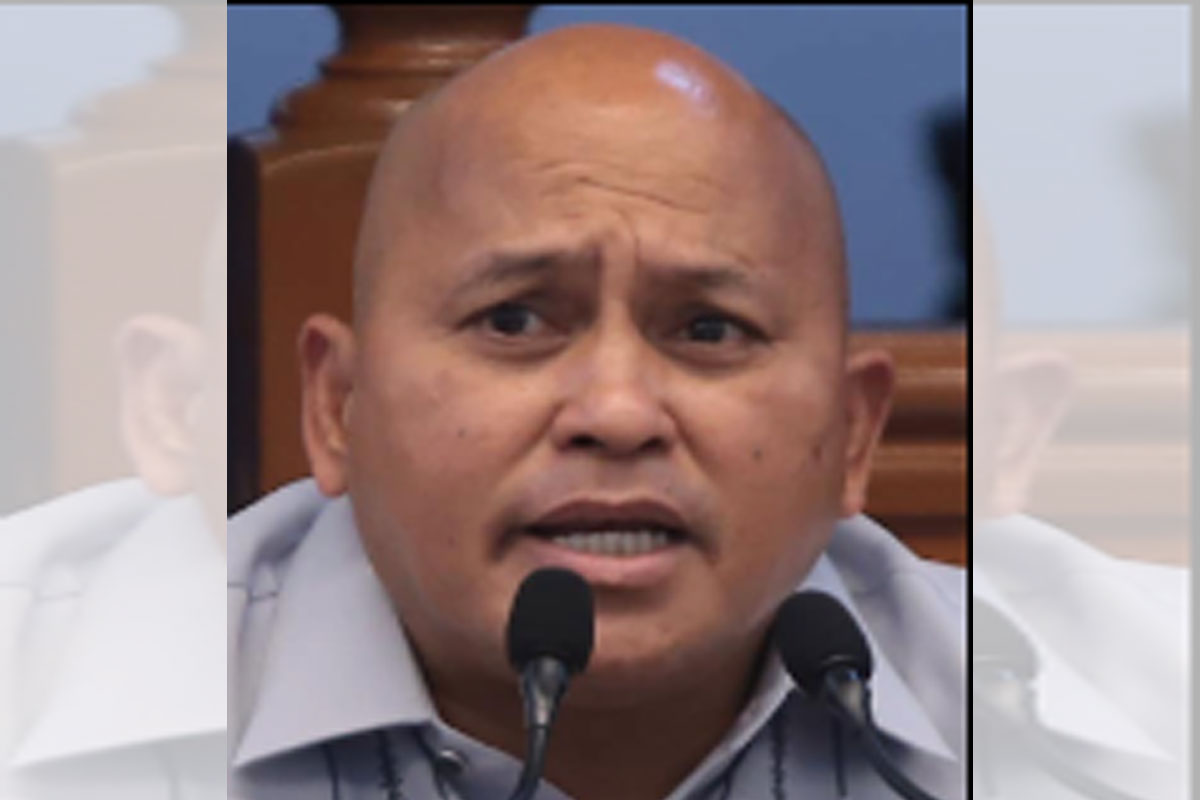
LRay wants to lower retirement age for gov’t workers
THE House of Representatives is a step closer to writing new legislation allowing all government personnel, including public schoolteachers, to retire at 56, enabling the would-be retirees to reap the benefits of their hard work at a younger age and, at the same time, opening up new job opportunities to those in the private sector who want to formally join the government but can’t in the absence of available positions in the bureaucracy, according to Camarines Representative LRay Villafuerte.
Villafuerte, who is the president of the National Unity Party (NUP) and one of the lead proponents of this proposal, said that this developed with the recent passage by the bigger chamber on the third and final reading of a consolidated bill that lowered the optional retirement age for government personnel to 56 from 60.
“This proposal will give our over a million workers in government the option to retire earlier than currently allowed, so they can, for one, spend more quality time with their respective families even before they join the ranks of the elderly,” Villafuerte said.
Passed by a 268-1 vote with one abstention, House Bill (HB) 206 was a consolidation of HB 4003 and 11 other similar measures, including HB 4003, all aiming to amend Section 13-A of Republic Act (RA) 8291, otherwise known as “The Government Service Insurance System Act of 1997,” by lowering the retirement age.
HB 4003, which was authored by Villafuerte with fellow Camarines Sur congressmen Miguel Luis Villafuerte and Tsuyoshi Anthony Horibata plus the Bicol Saro Party-list, had proposed the lower retirement age only for public school teachers.
Under RA 8291, Government Service Insurance System (GSIS) members have the option to retire at 60. The compulsory retirement age is 65.
Under HB 206, a government worker can retire at the age of 56 on condition that he or she: (1) has rendered service for at least 15 years by the time of his or her retirement; and (2) has not been receiving a monthly pension benefit from permanent total disability.
The Act shall take effect 15 days after its publication in the Official Gazette, which is the official journal and main publication of the Philippine government, or in a newspaper of general circulation.
Last December, the House Committee on Government Enterprises and Privatization submitted HB 206 for plenary approval under Committee Report (CR) 215, in consolidation with HB 4003 and 11 other bills.
Villafuerte and his fellow HB 4003 authors had also proposed the congressional approval of HB 1849, making permanent the allowance for teaching supplies of about 800,000 public school teachers in basic education, and HB 1851 bumping up these tutors’ salaries to help them cope with the ever-rising cost of living.
“Despite their heavy workload and essential role as agents of constructive intellectual, social, cultural, political, and moral change in our society, our public school teachers are among the most underpaid workers in the country,” Villafuerte said. “Increasing their take-home pay and providing for a permanent teaching supplies allowance with a provision for a steady bump per school year (SY) will hopefully incentivize them to strive for excellence in their field and make teaching a more attractive profession for our students.”
In HB 1851, they are proposing a significant increase in the salary grade level of public elementary and high school teachers from Grade 11 to Grade 19 amid the steady rise in the cost of living.
In HB 1849, meanwhile, they want to make permanent the school supplies’ allowance of P5,000 that public school teachers have been entitled to during the COVID-19 pandemic to lessen their burden in coughing up their personal money to deliver education services during the hybrid learning system of face-to-face and remote or online teaching.
HB 1849 further provides for a continuous increase in the annual allowance for teaching supplies over the succeeding SYs.
These bills’ authors pointed out the constitutional duty of the State to “enable conducive working conditions for our teachers and ensure that the teaching profession will attract and retain its rightful share of the best available talents in the country through adequate remuneration.”
“In the context of the COVID-19 pandemic, they may be recognized as education frontliners that took an invaluable role to continue learning amongst our students though alternative modes,” they said. “Despite their contribution, workload, and role in the society, public school teachers are among the most underpaid workers in the country.”
Villafuerte said that inflation has generally remained on the high side since last year—even hitting 14-year highs in the last quarter—owing in large part to non-domestic factors such as spiraling petroleum prices in the world market, logistics jams, or commodity supply disruptions largely caused by Russia’s invasion of Ukraine, and the lingering pandemic.
Thanks to mostly imported elevated inflation, the pace of commodity price increases quickened to 8.1% last December—the fastest in 14 years since the 9.1% print in November 2008, and the ninth consecutive month that inflation breached the 2%-4% target range set by the Bangko Sentral ng Pilipinas (BSP).
The Philippine Statistics Authority (PSA) traced the accelerated inflation to the 10.2% spike in the year-on-year (YOY) prices of food items and non-alcoholic beverages.
Independent analysts see inflation remaining high in 2023, with the projected spike in water and electricity rates likely to raise supply-side inflation.






















